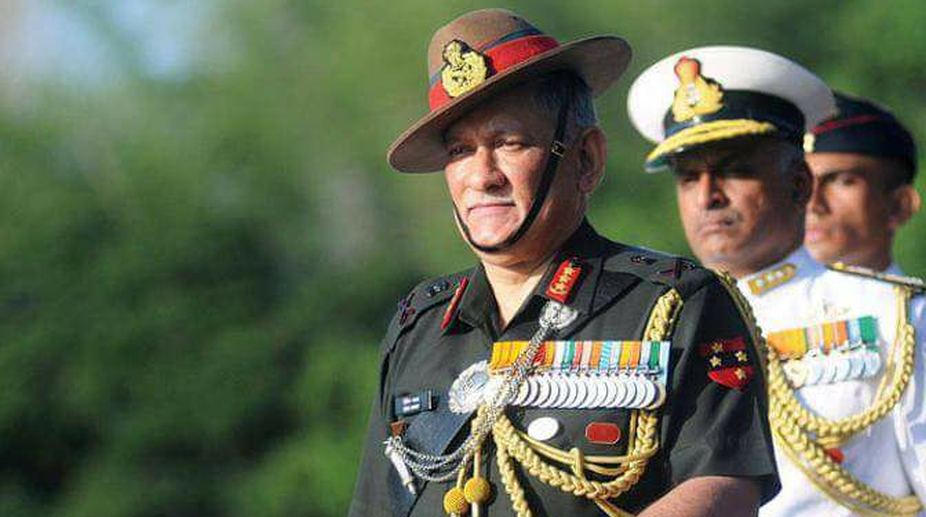The transgression incident in Arunachal Pradesh, where Chinese workers entered Indian territory constructing a track, has been resolved, Army Chief General Bipin Rawat said on Monday.
He also said that there was a major reduction in the number of Chinese troops in the Doklam area.
Advertisement
Speaking on the sidelines of an event here, the Army Chief said the “Tuting incident has been resolved”.
General Rawat said a Border Personnel Meeting (BPM) took place “two days back” on the issue.
Talking about the situation along the India-China border in Sikkim sector, where the two countries were involved in a 73-day-long standoff in Doklam, he said there was a major reduction in the number of troops on the Chinese side.
A Chinese road construction party entered India on December 26, 2017, and were constructing a track, around two kilometres away from the nearest Indo-Tibetan Border Police post.
An almost 600-metre-long and 12-feet wide track was constructed on the Indian territory when the Chinese party was stopped.
The Chinese labourers had entered the area inadvertently, according to a government report on the incident. The Chinese People’s Liberation Army (PLA) troops were not involved in the incident.
Indian troops pushed back the labourers and seized their equipment.
The incident came nearly four months after the end of the Dokalam standoff that went on from June 16 to August 28, 2017.
Earlier, speaking at the Army Technology Summit here, the Army Chief pitched for modernisation of the force and said India needed to be ready for “future wars”.
“There is a huge requirement of modernisation of our armed forces, in every field,” he said.
“Future wars will be fought in difficult terrains and circumstances and we have to be prepared for them.
“We would like to gradually move away from imports (in defence technology) because, for a nation like ours, the time has come to ensure that we fight the next war with home-made solutions,” he said.











